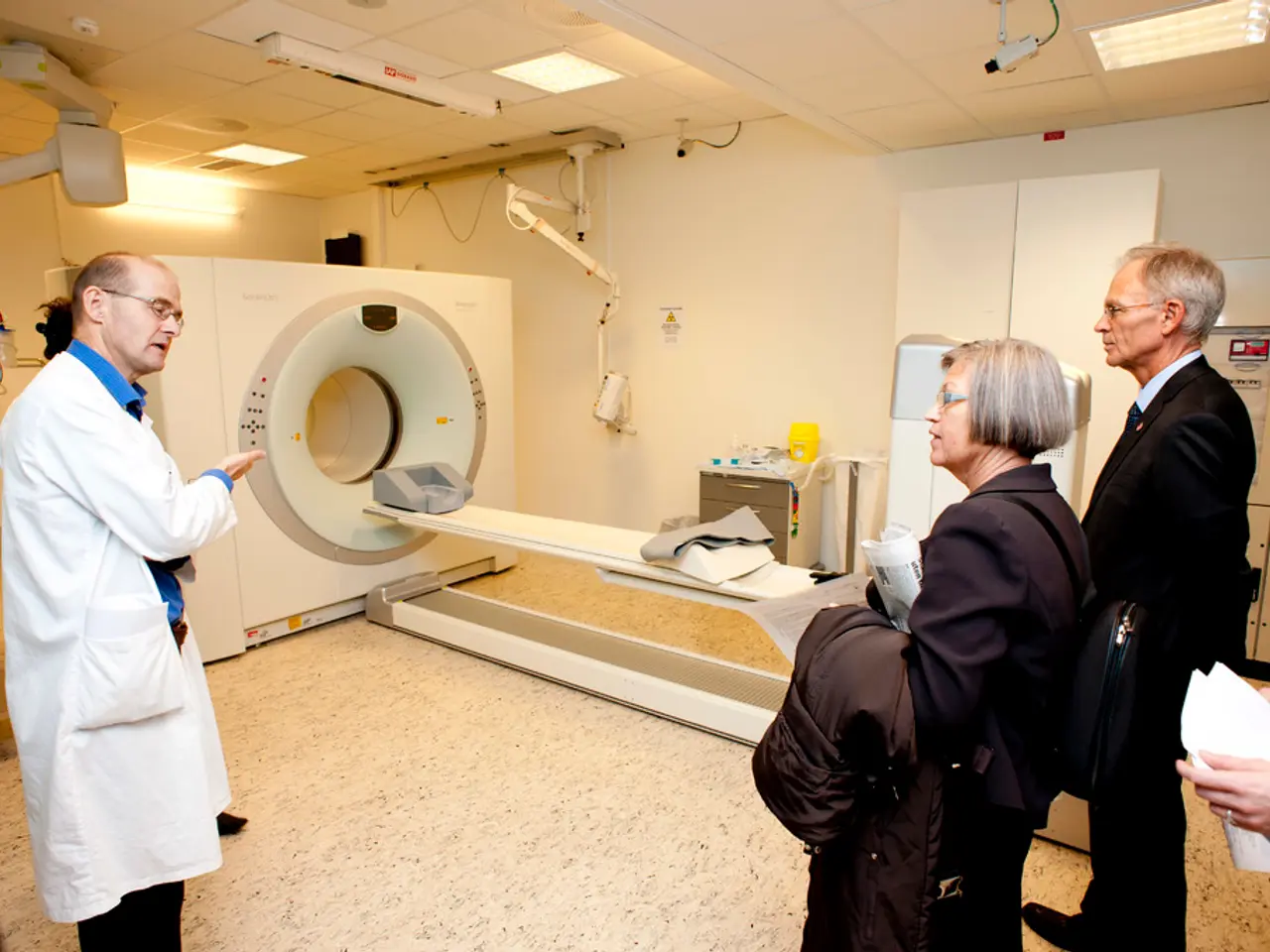Unidentified Hackers Infiltrate Dutch Research Facility, Making Off with Personal Data of Half a Million Patients
Breach at Dutch Cervical Cancer Screening Lab Exposes Data of Over 485,000 Participants
A significant data breach at the Clinical Diagnostics NMDL laboratory in Rijswijk, Netherlands, has left the personal and medical information of over 485,000 participants in a cervical cancer screening program vulnerable. The breach, which occurred between July 3-6, has prompted concerns about the importance of data security, especially in sensitive areas like healthcare.
The stolen data includes names, addresses, dates of birth, citizen service numbers (BSN), possible test results, names of participants' healthcare providers, email addresses, and phone numbers for a smaller number of victims. The Dutch Population Screening Association (BDO), which oversees the screening program, has temporarily suspended services at the lab for an independent investigation of the IT security systems.
Rik Ferguson, VP of security intelligence at Forescout, stated that the incident underscores the significance of a single weak link in a system, which can affect a large number of victims. He suggests that attackers often target unmanaged and unmonitored systems, and that building a security posture based on clear visibility and control is essential.
The breach has potential far-reaching consequences, including potential follow-on fraud and increased stress for participants in the screening program. The BDO has warned of such possibilities if the stolen information is sold or released. The authorities were not informed until August 6, and those impacted by the breach are currently being notified.
The laboratory is a subsidiary of Eurofins Scientific, a global leader in bioanalytical testing. The exact amount of data stolen could be as much as 300GB. The specific perpetrator or hacking group responsible for the breach has not been publicly disclosed.
This incident emphasizes the need for improved IT security measures, particularly in the management and monitoring of systems. It also underscores the importance of transparency and prompt reporting of such incidents to minimize potential harm to affected individuals.
In response, the BDO has announced that a different lab will be used to process results for the screening program moving forward. The Dutch authorities and Eurofins Scientific are working closely to address the situation and ensure the safety and privacy of those affected.
Read also:
- Nightly sweat episodes linked to GERD: Crucial insights explained
- Antitussives: List of Examples, Functions, Adverse Reactions, and Additional Details
- Asthma Diagnosis: Exploring FeNO Tests and Related Treatments
- Unfortunate Financial Disarray for a Family from California After an Expensive Emergency Room Visit with Their Burned Infant








